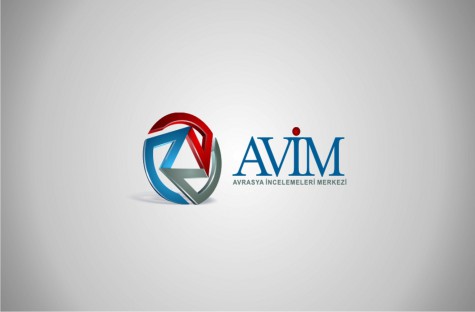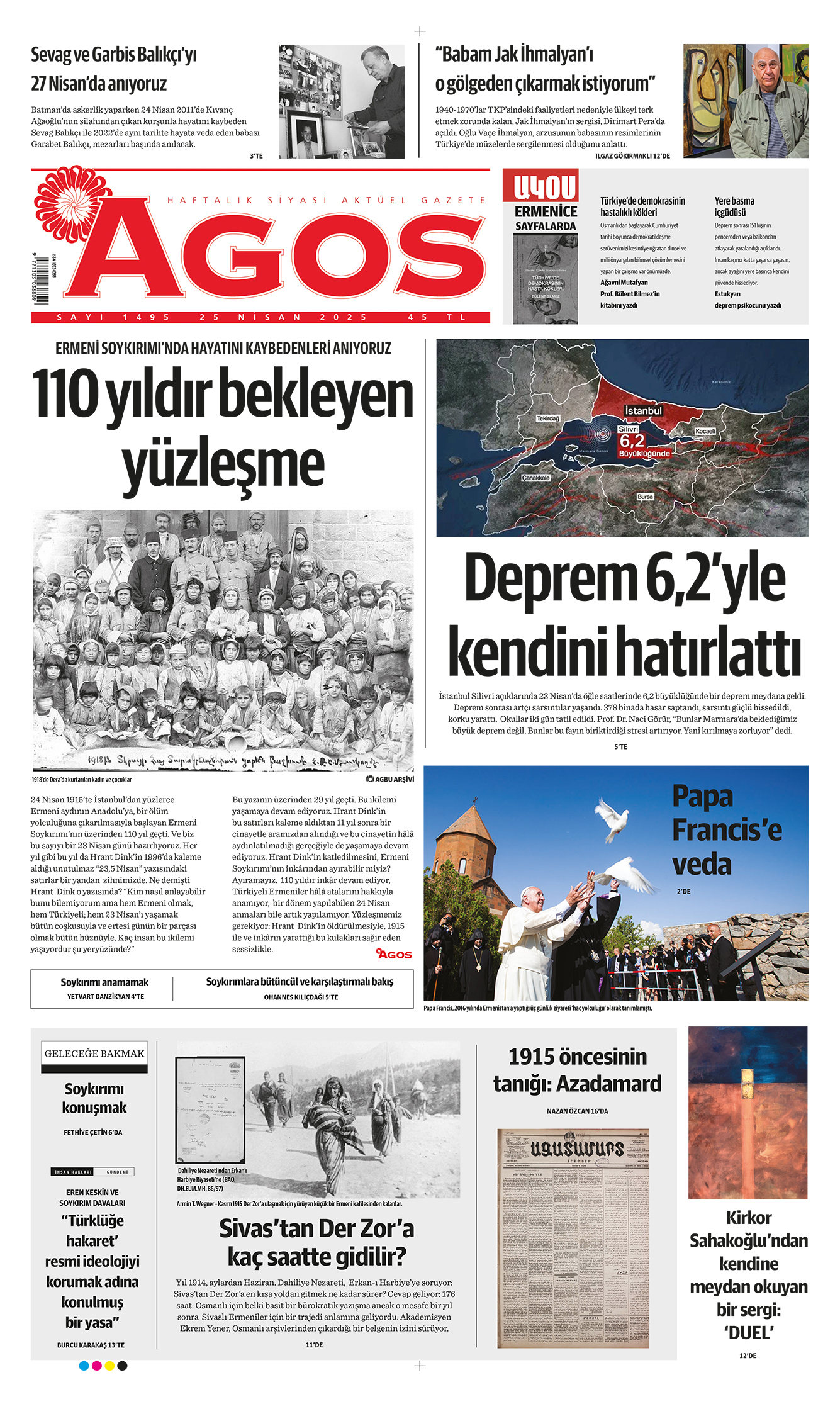On March 2’nd 2012, the US Columbia University’s Institute for the Study of Human Rights has published on the internet an extensive research entitled “Diplomatic History: The Turkey-Armenia Protocols” (129 pages) written by David L. Phillips, the Director of the Program on Peace-building and Rights in this Institute. Phillips has been frequently mentioned in the past years on issues concerning Turkey-Armenia relations and the Armenian Question. Through the initiative of the US Department of State, he has established the Turkish-Armenian Reconciliation Commission in 2001 comprised of some Turkish and Armenian individuals and has served as its coordinator (moderator) until the Commission ended in 2004. Although the members of this Commission were important personalities, they had no official position; in other words, they did not represent the governments of Turkey or Armenia. This Commission was an implementation of the US method known as “Track two” diplomacy in which non-official individuals or non-governmental organizations come together in order to contribute to or make resolving some international issues easier. It has been observed that “Track Two” dialogues have been beneficial for the development of cultural, scientific, sportive and even economic relations. However, in cases where serious divergences in political issues exist, it is very difficult for these kinds of dialogues to produce tangible results; in other words, to achieve what the governments have failed in doing so. As a matter of fact, the Turkish-Armenian Reconciliation Commission has also experienced this course. The event which brought the end of the Commission is that upon Phillip’s proposal, the ICTJ (International Center for Transitional Justice) was asked whether or not the 1948 UN Genocide Convention could be applied to the 1915 events. In the ICTJ’s response, it was indicated that the 1948 Convention cannot be applied retroactively and therefore compensation and territory could not be claimed from Turkey. But ICTJ also addressed an issue which was not asked from them and expressed that if the UN Convention was applied retroactively, then the 1915 events would be considered as genocide. Since this response also implied that Turkey would not pay compensation or give territory if it recognizes the Armenian genocide allegations, it had drawn the objections of its Turkish members. On the other hand, the Dashnak Party, which had no members in the Commission, was not at all pleased with this response which did not take into consideration their territorial claims and passed an order to a jurist named Alfred de Zayas to write a report indicating that the 1948 Convention may be applied retroactively. Righteously, Phillips was held responsible for this event which caused displeasure on both sides and the Commission disbanded when it was no longer able to continue with other members. The talks in the Commission were confidential. In 2005, by writing a book entitled “Unsilencing the Past”, Phillips disclosed these talks and tried to settle accounts with some of its members. Meanwhile, President Bush had expressed in his 24 April statements in 2005 and 2006 that the analysis of ICTJ, while not the final word, has marked a significant step towards reconciliation. Therefore, it has been understood that the formula of “not paying compensation or giving territory if genocide is recognized” put forth by Philips is also supported by the US Government and they are probably inspired by it. On the other hand, the governments of Turkey and Armenia have preferred to avoid “Track Two” activities which are out of their control. To be continued.
© 2009-2025 Center for Eurasian Studies (AVİM) All Rights Reserved
JOACHIM GAUCK AND TURKEY
 IRAN-CHINA DIPLOMATIC MEETING IN BEIJING
IRAN-CHINA DIPLOMATIC MEETING IN BEIJING
 AGOS’S CHANGING EDITORIAL POLICY - 2
AGOS’S CHANGING EDITORIAL POLICY - 2
TAL BUENOS AND TÜLİN DALOĞLU’S INTERVIEWS ON THE 1915 EVENTS
 WHAT IS THE GOAL BEHIND THE DENIAL OF TERROR?
WHAT IS THE GOAL BEHIND THE DENIAL OF TERROR?




























